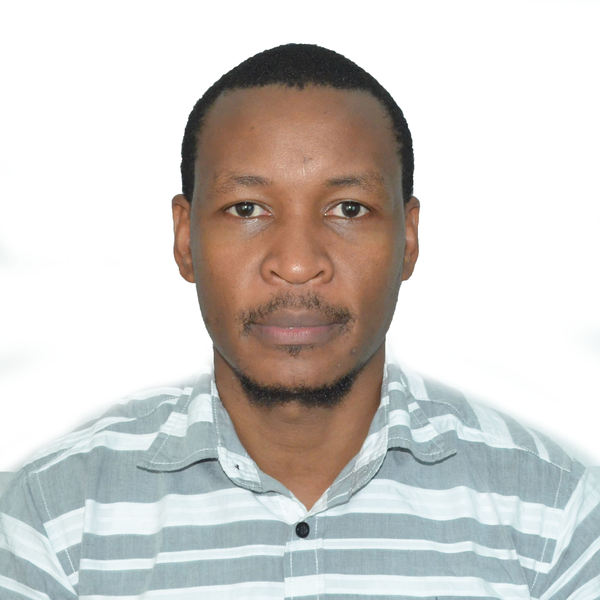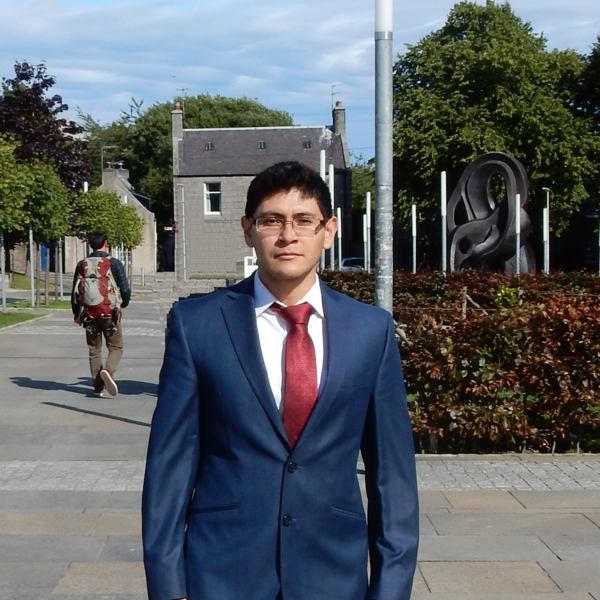Introduction
Providing professional-level geophysics training and education to open up career opportunities across a number of industries and for future academic research.
New Pathway from September 2025: The MSc Geophysics offers three distinct study pathways based on your areas of interest. Choose from the Geophysics, Energy Resources Geophysics, or NEW Environmental Sustainability Geophysics Pathway. Apply Now
Qualified geophysicists are in demand globally. This programme equips you with the skills for careers in energy transition, hydrocarbon and minerals exploration, renewable energy, environmental sciences, Earth data science and machine learning, and geophysics research/PhDs.
This unique programme is designed to expose students to the theory and practice of modern geophysics, with an emphasis on cutting edge techniques for understanding and visualising the structure, dynamics and composition of the Earth from the near surface to the deep interior.
The content is broad-based and integrative with a strong focus on the quantitative aspects of geophysical data analysis and interpretation, with a foundation in Earth science and geophysics methods, conventional approaches such as inversion and signal processing, and advanced applications of data science and machine learning.
Choose from 3 study pathways:
- Geophysics – for careers in a broad range of industries with advanced geophysics activities (primarily energy sector, environmental and construction sectors, marine exploration) or geophysics research (PhDs)
- Energy Resources Geophysics – for careers in the hydrocarbons and/or renewables energy industry, consultancy, government, or policy
- Environmental Sustainability Geophysics – for careers which address environmental challenges associated with the UN's 17 Sustainable Development Goals
You will learn from experienced geophysics staff and industry experts, in world-class facilities with dedicated teaching and study space. You will explore the theory of geophysics and its application to a multitude of research and industry problems across a variety of scales. You will also gain hands-on experience in using industry-standard software and acquiring geophysical data with our vast range of geophysics equipment.
Pre-Sessional Resources Download our Pre-Sessional Tests and Reading Guide for diagnostic mathematics tests and a list of recommended textbooks and reading material.
Entry Requirements
Qualifications
The information below is provided as a guide only and does not guarantee entry to the University of Aberdeen.
The information below is provided as a guide only and does not guarantee entry to the University of Aberdeen. Our minimum entry requirement for this programme is
- a Geophysics, Mathematics or Physics degree at 2:1 (upper second class) UK Honours level (or an Honours degree from a non-UK institution which is judged by the University to be of equivalent worth).
- Those with a 2:1 in Geology, Engineering Geology, Environmental Science or similar degree will also be considered where the applicant can demonstrate proven ability in Geophysics, Mathematics and/or Physics. Key subjects you should have covered: At least one University-level Mathematics and/or Physics and/or Geophysics module.
Please enter your country or territory to view relevant entry requirements.
English Language Requirements
To study for a Postgraduate Taught degree at the University of Aberdeen it is essential that you can speak, understand, read, and write English fluently. The minimum requirements for this degree are as follows:
IELTS Academic:
OVERALL - 6.5 with: Listening - 5.5; Reading - 5.5; Speaking - 5.5; Writing - 6.0
TOEFL iBT:
OVERALL - 90 with: Listening - 17; Reading - 18; Speaking - 20; Writing - 21
PTE Academic:
OVERALL - 62 with: Listening - 59; Reading - 59; Speaking - 59; Writing - 59
Cambridge English B2 First, C1 Advanced, C2 Proficiency:
OVERALL - 176 with: Listening - 162; Reading - 162; Speaking - 162; Writing - 169
Read more about specific English Language requirements here.
Document Requirements
You will be required to supply the following documentation with your application as proof you meet the entry requirements of this degree programme. If you have not yet completed your current programme of study, then you can still apply and you can provide your Degree Certificate at a later date.
-
CV
-
an up-to-date CV/Resumé
-
Degree Certificate
-
a degree certificate showing your qualifications
-
Degree Transcript
-
a full transcript showing all the subjects you studied and the marks you have achieved in your degree(s) (original & official English translation)
-
Personal Statement
-
a detailed personal statement explaining your motivation for this particular programme








